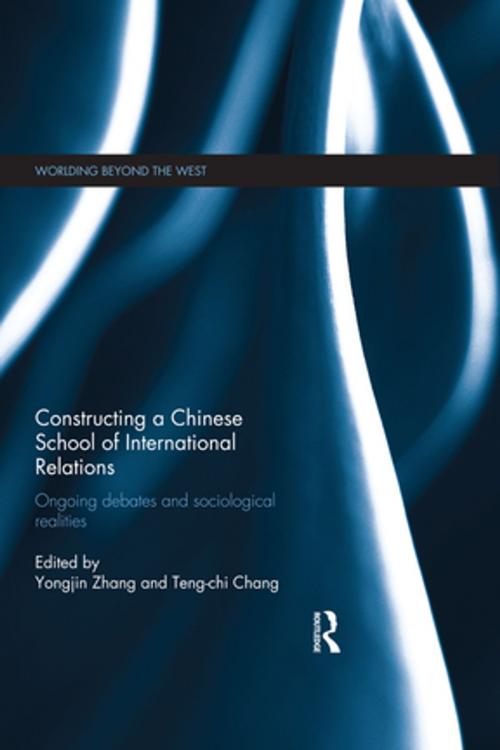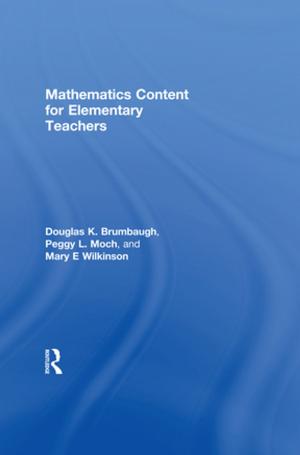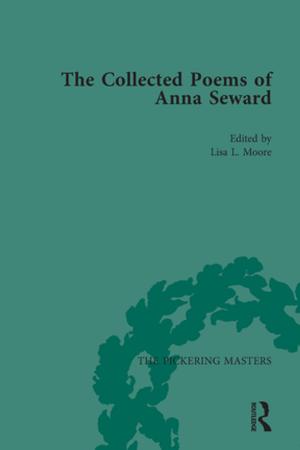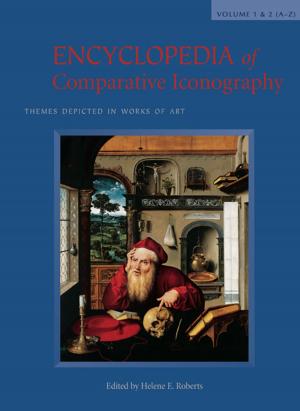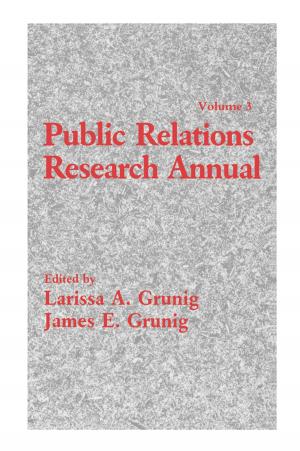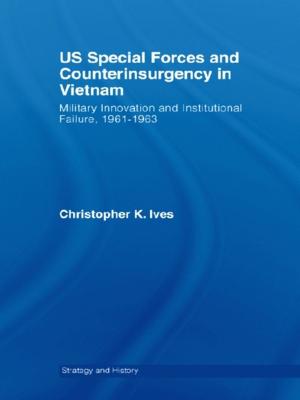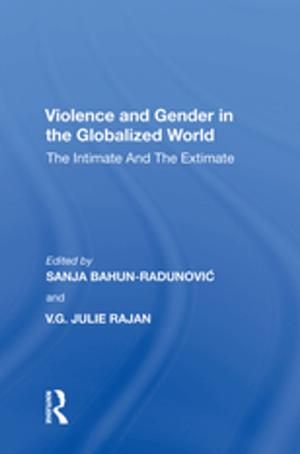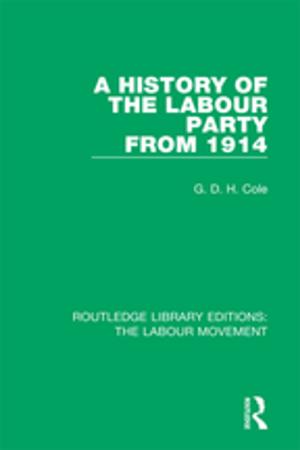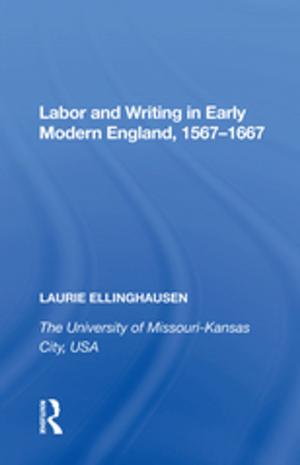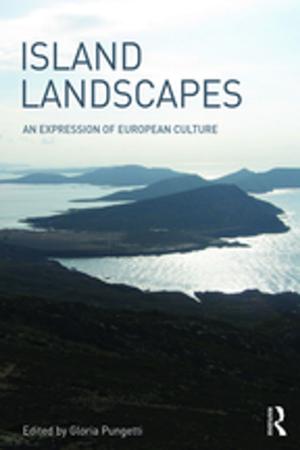Constructing a Chinese School of International Relations
Ongoing Debates and Sociological Realities
Nonfiction, Social & Cultural Studies, Political Science| Author: | ISBN: | 9781317433101 | |
| Publisher: | Taylor and Francis | Publication: | June 10, 2016 |
| Imprint: | Routledge | Language: | English |
| Author: | |
| ISBN: | 9781317433101 |
| Publisher: | Taylor and Francis |
| Publication: | June 10, 2016 |
| Imprint: | Routledge |
| Language: | English |
This edited volume offers arguably the first systemic and critical assessment of the debates about and contestations to the construction of a putative Chinese School of IR as sociological realities in the context of China’s rapid rise to a global power status.
Contributors to this volume scrutinize a particular approach to worlding beyond the West as a conscious effort to produce alternative knowledge in an increasingly globalized discipline of IR. Collectively, they grapple with the pitfalls and implications of such intellectual creativity drawing upon local traditions and concerns, knowledge claims, and indigenous sources for the global production of knowledge of IR. They also consider critically how such assertions of Chinese voices and articulation of their ambition for theoretical innovation from the disciplinary margins contribute to the emergence of a Global IR as a truly inclusive discipline that recognizes its multiple and diverse foundations.
Reflecting the varied perspectives of both the active participants in the Chinese School of IR debates within China and the observers and critics outside China, this work will be of great interest to students and scholars of IR theory, Non-Western IR and Chinese Studies.
This edited volume offers arguably the first systemic and critical assessment of the debates about and contestations to the construction of a putative Chinese School of IR as sociological realities in the context of China’s rapid rise to a global power status.
Contributors to this volume scrutinize a particular approach to worlding beyond the West as a conscious effort to produce alternative knowledge in an increasingly globalized discipline of IR. Collectively, they grapple with the pitfalls and implications of such intellectual creativity drawing upon local traditions and concerns, knowledge claims, and indigenous sources for the global production of knowledge of IR. They also consider critically how such assertions of Chinese voices and articulation of their ambition for theoretical innovation from the disciplinary margins contribute to the emergence of a Global IR as a truly inclusive discipline that recognizes its multiple and diverse foundations.
Reflecting the varied perspectives of both the active participants in the Chinese School of IR debates within China and the observers and critics outside China, this work will be of great interest to students and scholars of IR theory, Non-Western IR and Chinese Studies.
